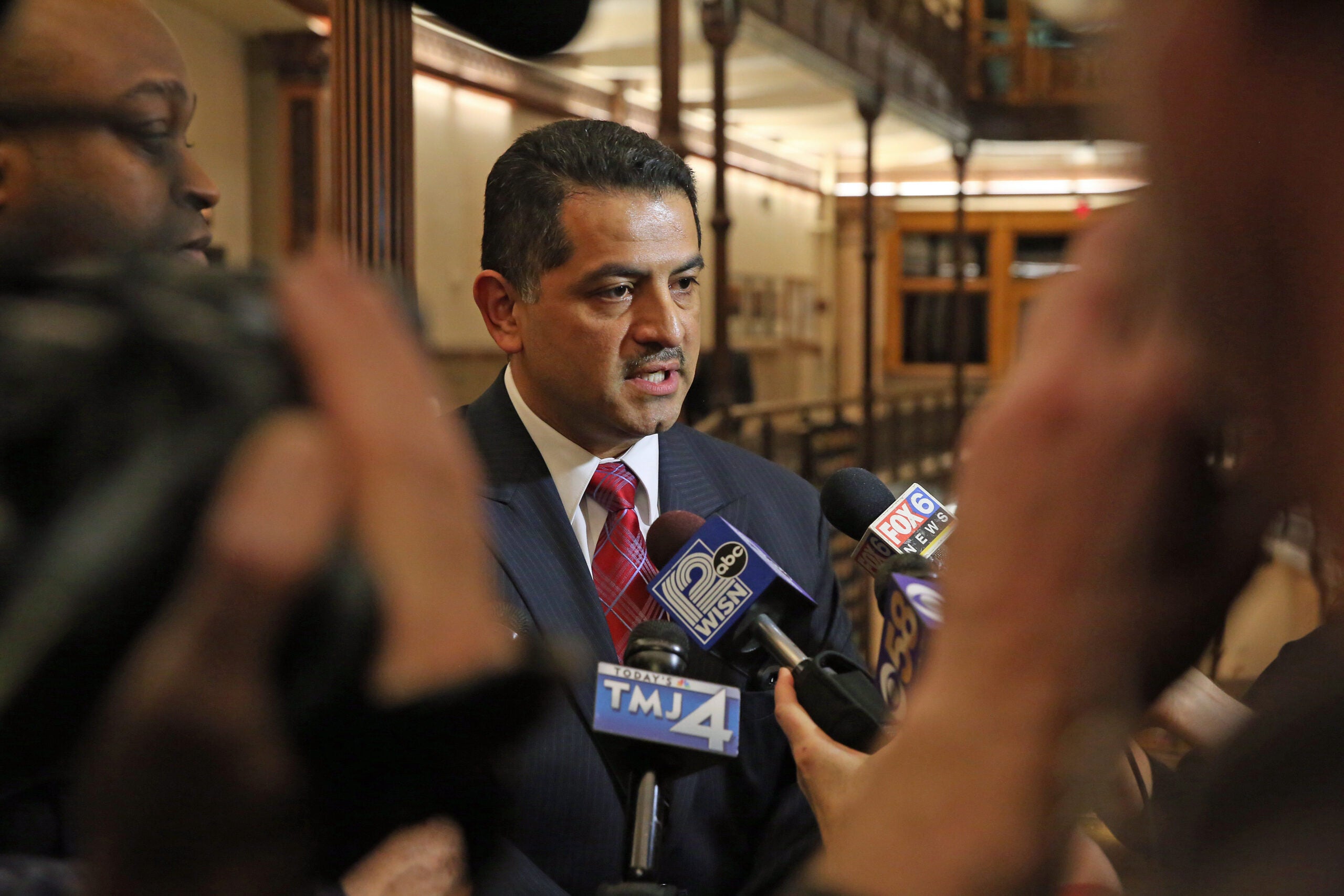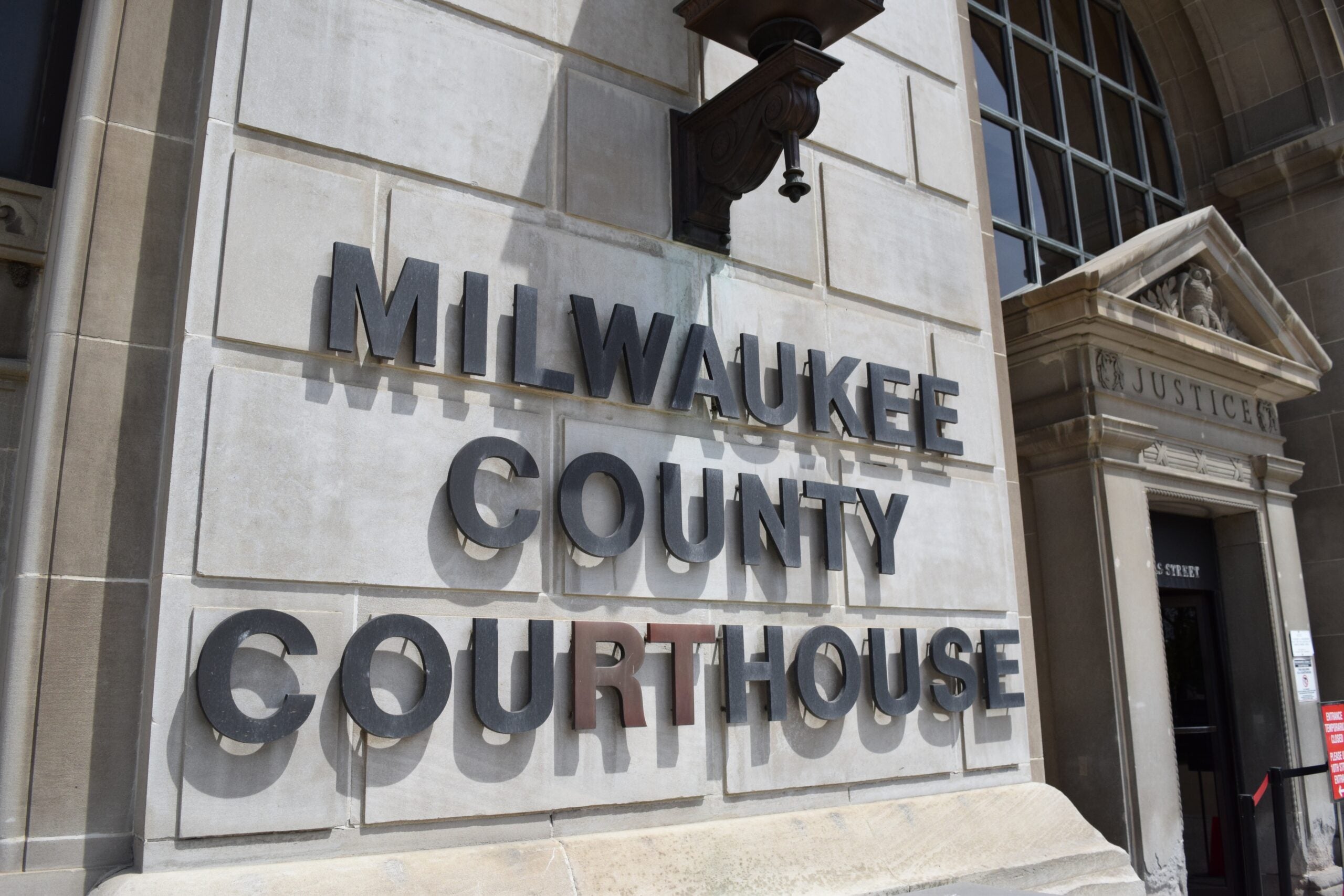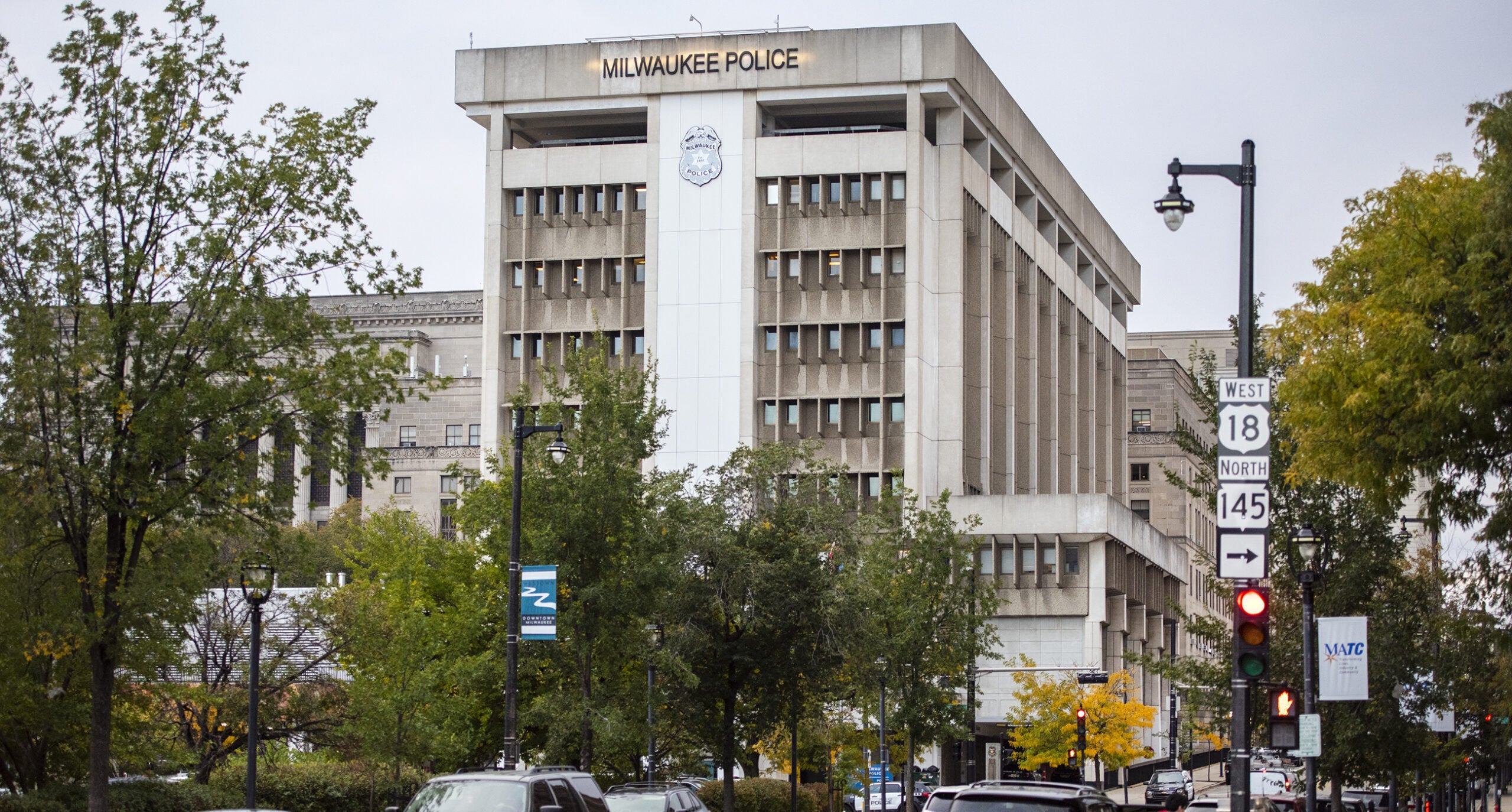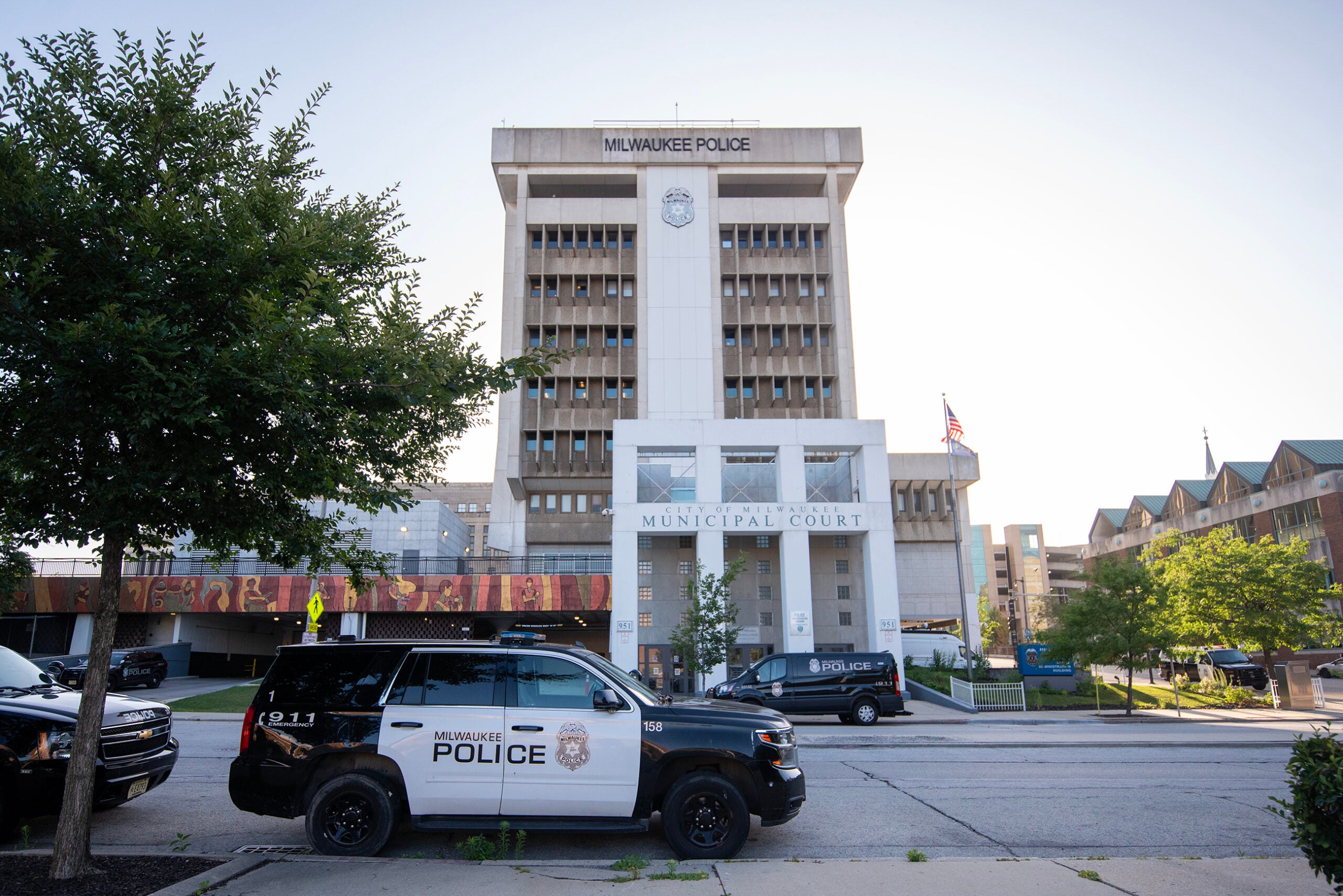Milwaukee Police Chief Alfonso Morales is waiting to find out if he will be reappointed to his position when his contract expires at the end of the year.
Morales has been with the department for 27 years and has served as chief since February 2018 when Edward Flynn retired after 10 years.
Homicides in the city are down. And so are are non-fatal shootings. But for weeks, rumors have persisted that Morales might not keep his job.
News with a little more humanity
WPR’s “Wisconsin Today” newsletter keeps you connected to the state you love without feeling overwhelmed. No paywall. No agenda. No corporate filter.
The city’s Fire and Police Commission — who appoints the chief — is expected to announce the next steps regarding Morales’ reappointment Thursday evening.
“Do I want to stay? Absolutely I want to stay, but it’s not my choice,” Morales said Wednesday afternoon from the Milwaukee Police Department’s conference room. “And at the end of the day ‘The Man Upstairs’ is the one that decides what our fates are. The one thing I can tell you about this job is it has brought me closer to my faith.”
Morales started with the Milwaukee Police Department in 1993. He became a detective in 1999, working in the Criminal Investigations Bureau until 2009. After leaving that bureau, he became a lieutenant managing the Gang Crimes and Homicide units during the night shift. Morales also worked for the department’s internal affairs divison, its police academy and as a crisis negotiator commander.
As chief, Morales changed Flynn’s data-driven approach and instead looked at what has worked in other cities, including Oakland, California.
Some of those changes include conducting weekly shooting reviews — in which the department investigates each shooting as if it were a homicide. To do so, the department re-interviews witnesses and works with community agencies to research and solve crimes.
“A homicide and a non-fatal shooting is a difference in a couple of inches in where the bullet hits,” Morales said.
And the changes appear to be working.
In 2019, homicides in Milwaukee are down 12 percent from 2018, and 24 percent from 2017. As of Oct. 2, there were 71 homicides in Milwaukee versus 81 through the same time period in 2018 and 93 in 2017.
Through Oct. 2, there were 321 non-fatal shootings in Milwaukee. That’s compared to 382 in 2018 and 454 in 2017.
“In the prior 10 years, we were well over 500 every year,” Morales said. “No shooting and no homicide is acceptable. But that’s a goal I cannot obtain. But I would like to keep our non-fatal shootings under 300 a year.”
Even with that progress, Morales said he realizes the city will eventually plateau.
“We are not at our plateau yet,” Morales said. “I don’t know where our plateau is, but I know we are not there yet.”
The department is also facing budget challenges. Milwaukee Mayor Tom Barrett released his proposed budget Sept. 24, including reducing the number of sworn officers by 60. There are currently 1,864 sworn police officers in the city of Milwaukee.
Barrett said the police officer jobs could be spared if the state Legislature supports a plan local officials have floated to increase the sales tax in Milwaukee County.
On Thursday, Barrett’s spokeswoman Jodie Tabak said that’s the only way the officer positions could be saved.
“That is (the mayor’s) Plan B,” Tabak said. “He does not want to cut the positions.”
Morales said losing the jobs will hurt the progress that has been made.
“It’s not 60 cops,” Morales said. “The Milwaukee Police Department, prior to the (Great) Recession, was over 2,100 cops. So we’ve been trickling down. You can always have a number that says this is what you’re allocated, but you never reach that number because there is large turn over in the police department.”
Local law enforcement will also be working with federal agencies when the 2020 Democratic National Convention brings 50,000 people to Milwaukee July 13-16.
Morales said it will be a time for all local departments to shine.
In preparation for the convention, the department is now undergoing tactical training.
“You have other organizations saying ‘the Milwaukee Police Department needs to train on this,’” Morales said. “Realistically it won’t be until 2021 that I can implement the training that I want to institute, the culture that I want it to be.”
Wisconsin Public Radio, © Copyright 2025, Board of Regents of the University of Wisconsin System and Wisconsin Educational Communications Board.






